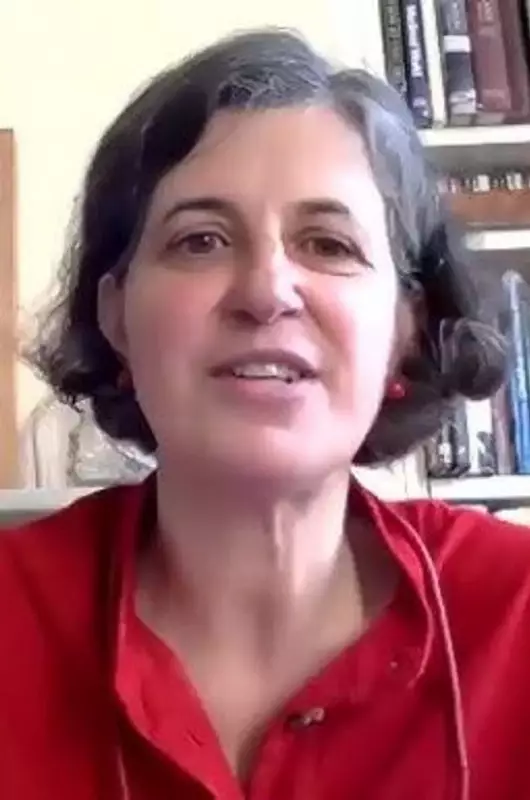
In a startling development that has raised eyebrows across academic circles, Professor Francesca Orsini, a renowned Hindi scholar from the United Kingdom, was prevented from entering India despite possessing a valid e-visa. The incident occurred at Delhi's Indira Gandhi International Airport, leaving the academic community bewildered.
The Cambridge University professor, who has dedicated decades to studying Hindi literature and promoting Indian culture internationally, was scheduled to participate in several academic events across the country. Her research has been instrumental in bringing Hindi literature to global platforms, making the immigration denial particularly puzzling.
What Exactly Happened at the Airport?
According to eyewitness accounts and official sources, Professor Orsini arrived at Delhi airport with all necessary documentation, including her valid e-visa and passport. However, immigration authorities detained her upon arrival and subsequently denied her entry into the country.
The reasons behind this unexpected decision remain unclear, with officials providing minimal explanation to the distinguished scholar. This incident highlights the growing concerns about inconsistent application of immigration policies, even for established academics with long-standing connections to India.
Academic Community Reacts with Shock
The news has sent shockwaves through international academic circles, where Professor Orsini is highly respected for her contributions to Hindi studies. Colleagues and institutions that had invited her for various programs have expressed disappointment and concern over the treatment meted out to the scholar.
Several prominent academics have pointed out that such incidents could potentially damage India's reputation as a welcoming destination for international scholars and researchers. The timing is particularly sensitive given India's efforts to position itself as a global education hub.
Broader Implications for Academic Exchange
This incident raises important questions about:
- The transparency of India's visa approval and rejection processes
- The impact on international academic collaboration
- The consistency of immigration decisions across different entry points
- The protection of academic freedom and cultural exchange
As the story continues to develop, many are awaiting an official statement from Indian authorities regarding the specific grounds for denying entry to a scholar who has contributed significantly to the promotion of Indian languages and culture on the world stage.





